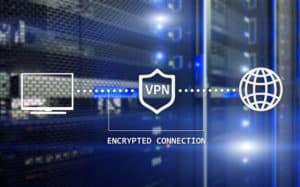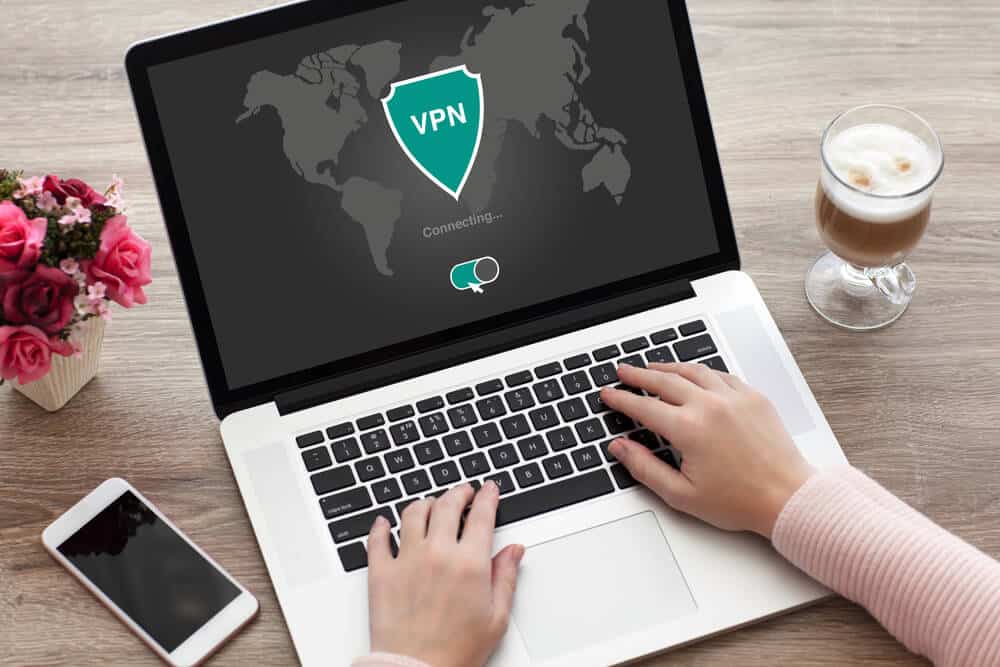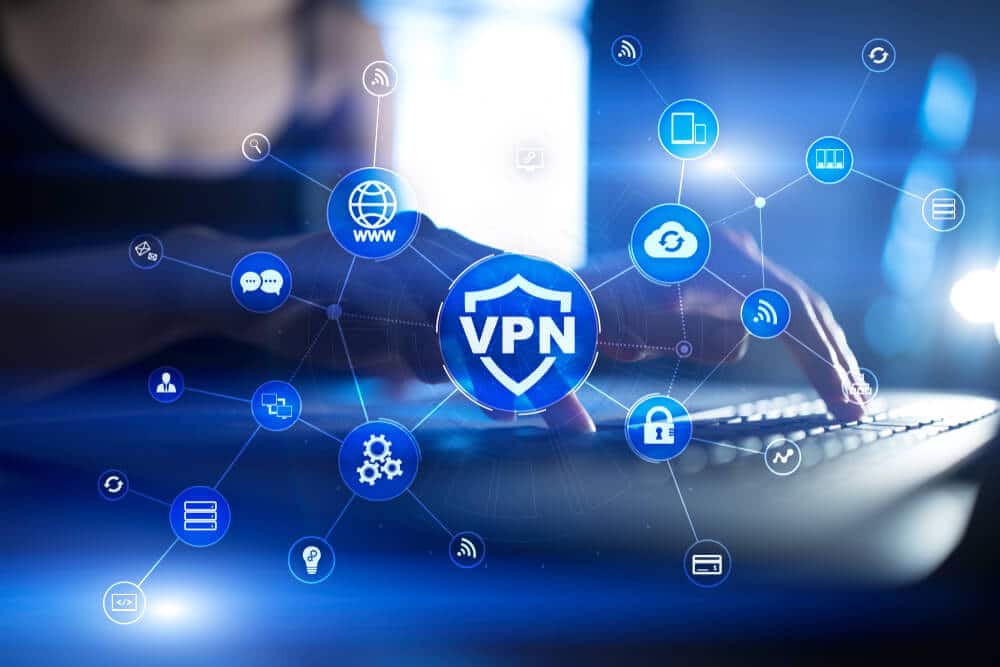Technology is a good thing that allows people to stay connected and explore the world; however, people can also use it for malicious purposes. Hackers, spammers, and those with ill intentions often use technology to cause harm on the internet.
You can use a VPN software application to protect you from these threats. They are probably one of the most effective tools to protect your privacy on the internet.
Governments and corporations are willing to violate your rights in pursuit of their objectives yet many people still don’t understand what they do or how they work. Luckily, we now have quick and straightforward answers to these critical questions.
What Is a VPN?
A virtual private network (VPN) is a technology that allows people to create a secure connection to another computer across the internet. VPNs allow people to access their online devices and remote network resources securely.
VPNs are quickly becoming indispensable tools for the modern internet savvy. Due to its strong connection with the business world, it’s unsurprising that most people associate VPNs with security and anonymity.
How Does a VPN Work?
VPNs act as a middleman between you and the internet. Instead of transferring your data through your internet service provider (ISP), the VPN becomes your data source. Neither a third party nor your IPS can track your online activity.
It doesn’t end there because the VPN also protects your online movements through encryption. Encryption involves the distortion of data so that a third party can’t understand it if they come across it.
Once it is in that form, a strong password is required to decrypt it. Only your computer and VPN server can access this key, ensuring end-to-end encryption.
What Should a Good VPN Do?
There are numerous VPN servers available today. Some are free of charge, while others charge a few dollars for a subscription. Regardless, a quality VPN should be able to perform the following tasks.
Encrypt Your IP Address

Encryption of your IP address is arguably the most basic function of a VPN. It provides anonymity from ISP when you surf the web and protection from snoopy third parties.
The IP address is a unique numerical identifier associated with every device connected to the internet. Each time you connect to any website through your desktop or mobile, your device gets assigned an IP address. That’s how the website knows where to send the information.
IP addresses are usually hard to identify, but they have an essential role in your internet experience. An encrypted IP address covers your online tracks and ensures the safety of your online activity.
Encrypt Protocols
You might not realize it, but much of your data, such as passwords, search history, and cookies, can be compromised while surfing the internet. Encryption of protocols concerning cookies can safeguard your financial information. A solid VPN can achieve your online safety by not leaving traces of such crucial information.
Two-Factor Authentication
A good VPN ensures a double-layered safety protocol. For example, a verification code prompt may follow after inputting the correct password when logging into your connection. Two-factor authentication will make it extremely hard for any third party to get access to your secure connection.
Kill Switch
A decent VPN should detect any lapses in connectivity and automatically close any running programs. No leaks can occur; as a result, guaranteeing your data’s safety.
Benefits of a VPN Connection
A vast majority of websites and other online services track your activity online. They might want to know what you watch, who you talk to, or what you purchase, and they’re willing to violate your privacy to obtain this information. A VPN connection could be invaluable to you in the following ways.
Secure Encryption
VPNs offer an extra layer of security over the web, keeping you anonymous and protected from prying eyes. They also eliminate the risk of being spied on by anyone who may be after you.
A good example is when you share information with your dentist via a dental IT platform on the internet. A VPN connection would ensure that only your approved staff can read that data, as you’d both have access to the encryption key and no one else. A VPN connection could spearhead proactive measures to protect your practice’s data from malicious third parties.
Access to Geo-Locked Content
Some websites block users outside a specific region from accessing the website. The most frequent reason for this is copyright laws, which differ from country to country. However, some websites ban their content based on the user’s location for political or other reasons.
ISPs use local servers when you browse the internet. Hence, if you travel to a different locale, you may not be able to access local content. As a result, it can cause disparities and an ‘unfair’ feeling to marginalized people.
International content could also be inaccessible to you, but a VPN allows you to change your server according to your liking. For example, thanks to this incredible feature, you can access European soccer content from New York.
Privacy From Your Internet Service Provider and Avoiding Bandwidth Throttling
When you connect to the Internet in any way, your ISP can see everything you do. Many ISPs are not regulated and others offer misleading privacy protections. They might even log your content and use it for advertising purposes.
When you connect to the Internet through a VPN, your ISP only sees the Internet address of your VPN server. Your ISP only sees encrypted data when you connect to a website and can’t see what pages you visit or any data you enter.
You have probably experienced sudden slow internet connections in the past. Well, there is a good chance that bandwidth throttling is the reason behind it.
Bandwidth throttling involves the intentional slowing down of internet speeds by your ISP. With a VPN, you can bypass bandwidth throttling and access fast internet speeds.
Data Privacy From Your Government
There are various instances where governments and corporations could violate an individual’s privacy through spying. Regardless of their cause, these violations are detrimental to a person’s physical and mental well-being.
In this internet age, personal data can be siphoned from you and used for selfish goals, such as political campaigns and policy reforms.
Using a VPN allows you to remain protected no matter where your location is. When traveling and concerned about security breaches on your device, you can use a VPN to encrypt your unencrypted data as it travels across the internet.
VPNs also let you bypass government censorship to access blocked websites and protect your identity from government espionage.
Security on Public WI-FI
When connected to a public WiFi, it isn’t easy to know whose server you’re joining. A hacker could pose as your internet service provider and get access to your passwords and login details or introduce ransomware.
Using a VPN will help protect you from many of these potential threats. Since your data is encrypted and transferred through the VPN, several layers of security are in place to protect you against the dangers lurking in public WiFi hotspots.
Secure Data Transfer
Your data is one of your most valuable resources. Yet by sending and receiving data over the Internet, you’re putting yourself at the mercy of malicious attackers.
VPNs will protect your sensitive data in transit and ensure your private information remains encrypted. You won’t have to worry about anyone intercepting unencrypted data on public connections.
A VPN will also help protect your sensitive communications from eavesdroppers when using phone systems or other instant messaging applications on your dental office network.
Use a VPN To Protect Your Business

Your internet connection can be an easy gateway for a malicious person to access your computer or personal information. If you need a way to stay safe online, a VPN is the tool for the job.
Erickson Dental Technologies’ services and encryption capabilities could be irreplaceable tools in your digital arsenal. Contact us today to learn how our security systems can benefit your practice.


